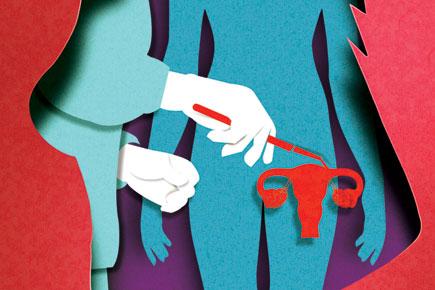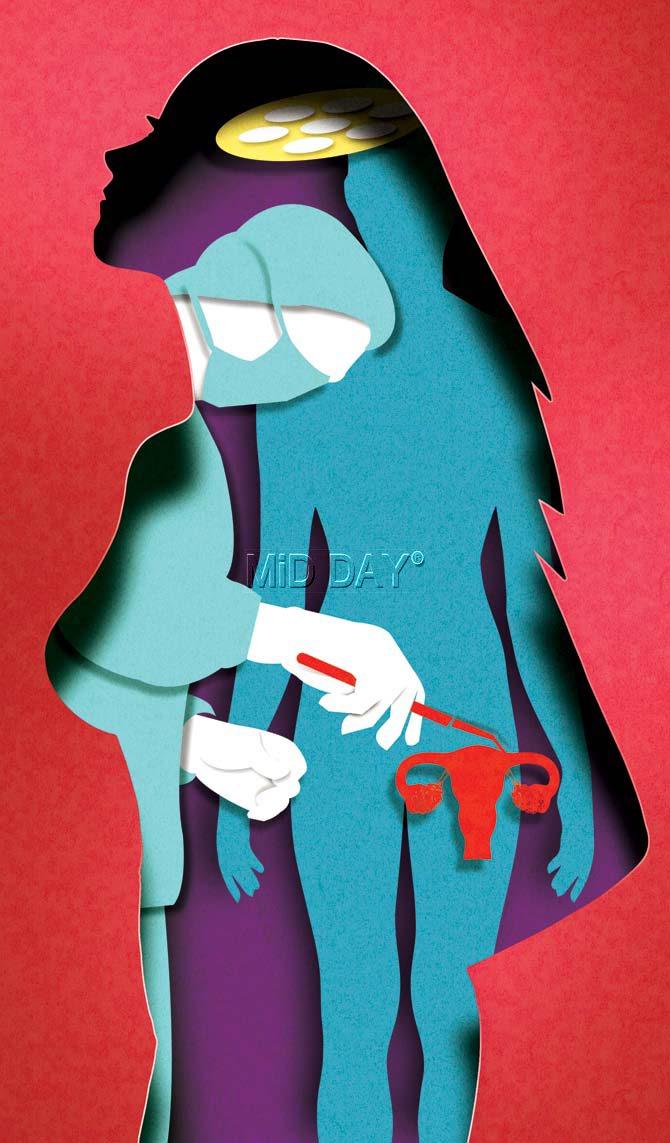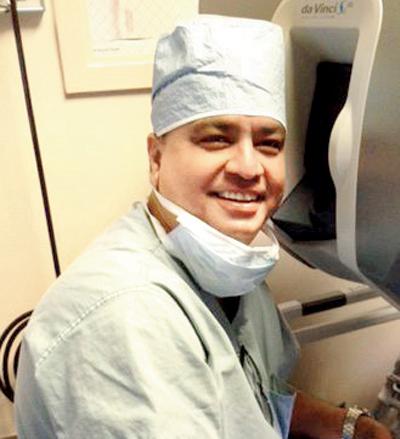The what, when and how of India's first set of womb transplants, which are only a fortnight and 150 km away


Illustration/Ravi Jadhav
"After failing to carry a baby to full term three times, the one thing I knew was that I wanted a baby and I wanted it to be mine only," says a 26-year-old patient from Pune's Galaxy Care Laparoscopy Institute (GCLI). The patient, whose identity cannot be disclosed, is set to receive a womb transplant at the hospital in what's slated to be the country's first set of uterine swaps. In a telephonic interview, conducted via Dr Kajal Parikh, a fellow in minimal access gynaecological surgery at the hospital, the patient says she got married seven years ago. In 2011, the couple got ready to welcome their first child, but she died within five minutes of birth. She suffered two miscarriages later. "Then, some doctors advised me to consider a womb transplant. My husband and I wanted our own baby, so we gave the option a serious thought."
ADVERTISEMENT
Dr Shailesh Puntambekar, the hospital's medical director, says the patient suffers from Asherman syndrome - a rare condition in which a scar tissue develops in the uterus, making child-bearing difficult. She, along with two others, is set to receive a uterus transplant donated by their respective mothers. The hospital, says Dr Puntambekar, an onco surgeon who developed a laparoscopic radical hysterectomy for cancer of the cervix known world over as the "Pune Technique", received permission from the state government a few weeks ago for the procedures, which are likely to be conducted next month. While a third patient has also been identified for the procedure, Dr Puntambekar says the plan is yet to be finalised. "She is a long-term survivor of the cancer of the uterus. We will wait till a week after the first set of transplants," he adds.

Dr Shailesh Puntambekar
Been in the works
What does it take to get a licence from the state's directorate of health services for a procedure that has been conducted 11 times with only seven ending in successful pregnancies? Infrastructure, expertise and preparation. In total, the number of experts on board at the hospital extends to 20. As far as prep goes, Dr Puntambekar says it began three years ago, much before they had their first patient.
The 53-year-old doctor, who has performed surgeries in live surgical workshops across India as well as in Germany, England and France, says that he and his team of surgical doctors have been to Tubingen University in Germany where they performed surgeries on cadavers, an option not available to them in India. Dr Puntambekar, along with two others from the team, also met and presented his work to Mats Brannstrom at Sahlgrenska University, in Sweden, who has been credited with conducting the first successful uterine transplant. Aside from extensive research into the case studies, Dr Puntambekar also worked on his knowledge of human anatomy
What will happen on D-day
Explaining what the procedure involves, Dr Parikh says that the uterus is supplied blood by one uterine artery and two uterine veins. "These lie deep in the pelvis and the first step is to separate the vessels from the neighbouring structure and clip them at origin and then extract the organ so that there's minimal damage to the vessels," she says.
Even as the organ is being extracted from the donor - when the team of doctors know that the procedure is nearing the end, which will be about three hours from the start - surgery will begin on the recipient. Once the organ is extracted, it will be flushed out so that the donor's blood is removed and it will also be checked for leaks. This should take an hour. Once that's done, the organ will be sutured into the recipient's body. The entire procedure should take about eight hours.
Two days for the op
Asked why the success rate of the procedure isn't high, Dr Parekh says that often pregnancies don't result because the uterus that is being donated belongs to a deceased donor - when a patient dies, the first organs to be extracted are the lungs, liver, kidney, etc, by the time the uterus is extracted blood has already clotted in vessels. "Results are better with a live donor who is in a healthy condition. A menopausal uterus or a donor with a co-morbidity such as diabetes or hypertension, will also have a lower chance of success," she adds.
Getting the patient ready
However, Dr Puntambekar does clarify that every patient will not qualify for a womb transplant. Aside from meeting the medical criteria - the patient should be below 35 years of age while the donor (mother, sister or maternal aunt) should be less than 55, the donor should have had a child of her own - there are other assessments. "The couple should have been married for at least five years and should be committed," he says.
Another important aspect is getting the donor ready. The couple that we spoke to told us, "The donor is going to be my mother. There was absolutely no problem in asking her if she would donate her uterus. It seemed only natural that I ask her. She agreed almost immediately."
Speaking from the hospital, the mother, 48, says, "I am happy to allow my daughter to experience the joy of motherhood as I have. When she asked me, I felt no trepidation although I was curious how the surgery would happen."
Dr Parekh adds counsellors play an important role in cases of womb transfer. "However, here, the family was so strong-minded that we had to only focus on the mother and daughter being physically fit for the operation."
The couple said, "Now in fact, we cannot wait enough for the day the operation is over and done with. We were certain that this is going to be our child or no child. A mother's greatest gift is her child, but in this case, a mother's greatest gift is also enabling her child to have a child of her own."
 Subscribe today by clicking the link and stay updated with the latest news!" Click here!
Subscribe today by clicking the link and stay updated with the latest news!" Click here!







